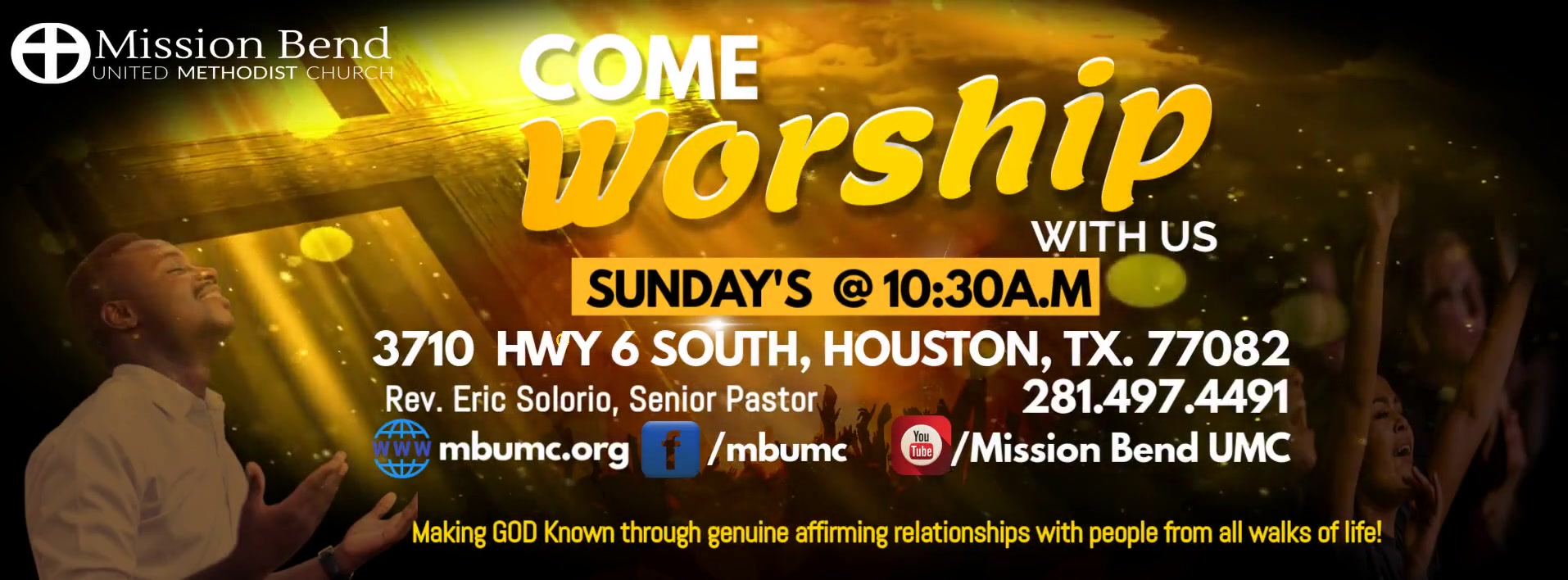Where Do We Stop?
Where Do We Stop looks at the increasing number of books being scrutinized for potential banning and putting into question our first amendment right to free speech. God is always at work in the Bible, fostering our feeling of being uncomfortable in order to instigate change for the good of God and humanity.

The Lord is the Spirit, and where the Lord’s Spirit is, there is freedom.
–2 Corinthians 3:17–
THOUGHT:
I believe it may be time for Christians to stand strong on book banning from our schools and libraries. We, the public, have seen the recent surge of books being put under the microscope for questionable content, with the possibility of banning them, and putting into question our first amendment right to free speech. So what if a few books are no longer available, right? It really does not affect us directly as Christians, right?
We are Christians and the most important book to us is the Holy Bible. We rely on it for the stronghold of our faith. We look to it for questions and problems in our lives. We teach it to our children in Sunday School. We teach it to our families, in order to raise our children to be ethically-sound adults and faith-based decision makers.
So, as Christians, we are safe. As long as the Bible is in our lives, these other inconsequential books are someone else’s business, right? Think again. The Bible is in jeopardy.
According to the American Library Association’s latest “State of America’s Libraries” report, The Holy Bible was ranked as the sixth most challenged book in America because of its “religious viewpoint.” (Huffington Post, Carol Kuruvilla).
Now, why would the Bible be considered for banning? Opponents to having the Bible freely available, would argue the questionable content. For example, religious viewpoint, cultural insensitivity, sexual content, incest, rape, prostitution, slavery, racism, and the list goes on and on.
Yet, we, as Christians and defenders of the Holy Bible, would retort with two solid arguments:
- All of the questionable content mentioned is often taken out of context but when read appropriately within the context, is in direct relationship to a lesson God would want us to learn in support of strong morals and upstanding citizenship.
- We, in order to build a solid foundation of ethical choices and in direct relationship to our Christian faith, do not pick and choose what we read in the Bible but fully rely on Gods’ Word, as it is without editorializing and banning chosen content.
Recently, one book being considered for banning was “The Story of Ruby Bridges” (Robert Coles). You will recall that Ruby Bridges was a young Black girl who, with the assistance of the National Guard, was able to enter a public school formerly only for white children. One comedian quipped, “It took the National Guard to get her into school, and now the government wants to take her out.” It was said in jest, yet where does it stop?
The Bible would speak directly against such actions, opposing slavery, and supporting equality within the framework of freedom for all.
The Bible is not the only faith-based literature that has been banned. How about Martin Luther’s 95 Theses? Many scholars, politicians, and so-called “religious” leaders were not happy with his thoughts. Yet, where would religious freedom be if not for this brave man of God? Not only did it tout the importance of religious freedom but also the ethical need to educate everyone in reading and understanding the Bible, instead of jailing the uneducated in a prison of ignorance.
So, I suggest we all open our Bibles every day, in solidarity against the persons that would try to ban the Bible or any other book for that matter. If the content is uncomfortable, maybe that is exactly the book we should be reading. God is always at work in the Bible, fostering our feeling of being uncomfortable in order to instigate change for the good of God and humanity.
With the risk of being redundant, the importance of reading our Bible daily cannot be impressed upon our minds and hearts sufficiently. God gave us His Word. God did not say it was called the Holy “Choice, only if it is comfortable” Bible but only the Holy Bible. Let us not allow this book to be banned. Let us, as Christians, remember to stand up for freedom. In our country, in our schools, in our libraries, and most of all, in our hearts.
PRAYER:
Holy God, the Creator of freedom, hear our prayer. Help us to seek You out with our eyes, ears, and minds. Let us utilize our faith to help others come to a belief in You and Your Son Jesus Christ. Open our minds to the vital role that freedom plays in our lives. Do not allow us to be blind or deaf to ideas. Help us to be discerning, but fair and equitable. Help us to help others obtain and maintain their freedom as well.
AMEN.





Like this? Please let us know!